Books that everyone should read in their lifetime
published on 04.05.22
” In the case of good books, the point is not to see how many of them you can get through, but rather how many can get through to you.”
– Mortimer J. Adler
There are novelists and then there are novelists who write great novels.
The great novels are those that leave an indelible imprint on your mind and a lasting impression on your heart, and if you don’t read them at some point in your life, you are truly missing out on a world of adventure, drama, and excitement.
These books, written by some of the best literary minds, have a universal theme, interesting characters, experiences, points of view, and emotions that are still relevant today.

Pride and Prejudice by Jane Austen
Pride and Prejudice is the story of a young woman in the 1800’s, Elizabeth Bennet. The Bennet family has five daughters, and in an age where the only thing women could do was marry rich, all the girls are pressured to find wealthy matches to secure the family’s comfort.
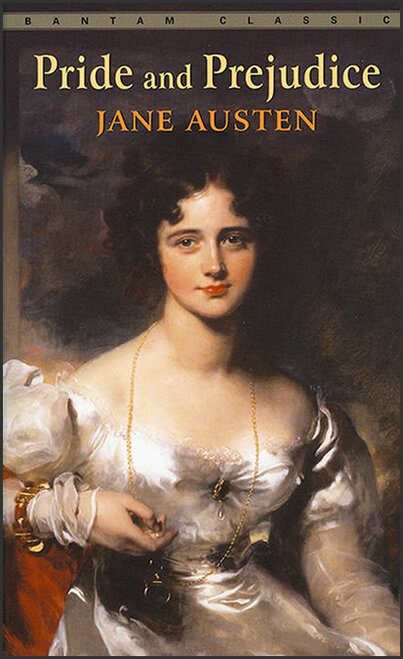
Elizabeth, however, refuses to marry the first man the comes along, and only marry when for love. She meets brooding, silent, proud and very rich Mr. Darcy, who at first has no interest in Elizabeth. Over time, he begins to fall in love with her wit and charm. Elizabeth thinks Darcy is the last man she could ever marry, but through the course of the novel, begins to see that her prejudices towards him are fake and that he is a true gentleman who is only shy.
The questions remains– will they overcome their pride and prejudices and get married?
The Candy House, by Jennifer Egan
Egan, the 2011 Pulitzer Prize winner, asks the essential question : “What’s app with that?”
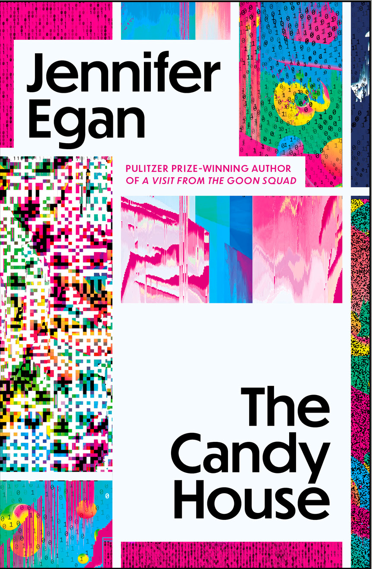
Bix Bouton, a Black tech visionary, embarks on a mission in 2010 to satisfy his omnivorous curiosity and enrich his family by developing a download that accesses each user’s memories. But not everything is well in cyberspace. Egan’s technical brilliance enhances her humane and timely novel, hinting at the dangers and rewards of a brave new coded world.
A Brief History of Time by Stephen Hawking
Stephen Hawking’s A Brief History of Time is one of the most famous books in science. It discusses the history of cosmology and its development from Ancient Greece through to the 1980s.
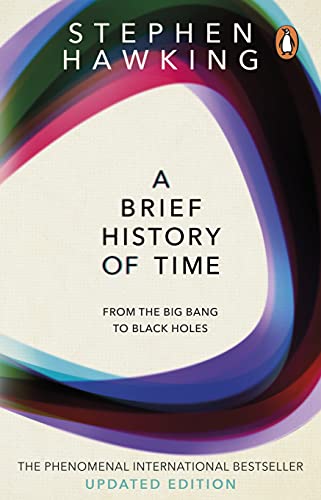
Stephen Hawking, regarded as one of the greatest minds of our time, investigates such profound questions as:
- How did the universe begin and what enabled its creation? Is time always moving forward?
- Is the universe limitless or does it have boundaries?
- Is there more than one dimension in space?
- What will happen when it all comes to an end?
Things fall apart by Chinua Achebe
Prior to the publication of Things Fall Apart in 1958, there were few novels in English that represent African life from the perspective of Africans.
While the book has paved the way for countless authors since, Chinua Achebe’s illuminating work remains a modern African literature classic.
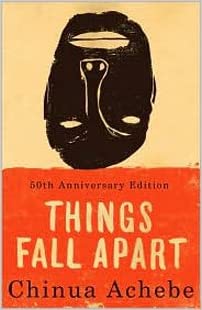
Achebe tells the story of Okonkwo, a strong-willed member of a Nigerian village in the late nineteenth century, using history and customs passed down to him.
Things Fall Apart is necessary for those seeking a more nuanced understanding of other ways of life, culture clashes and what it means to be civilized.
1984 by George Orwell
George Orwell’s 1984 is a dystopian novel whose plot takes place in Oceania, a country dominated by a totalitarian government that keeps its citizens under constant surveillance and even insists on spying on their thoughts to maintain order.
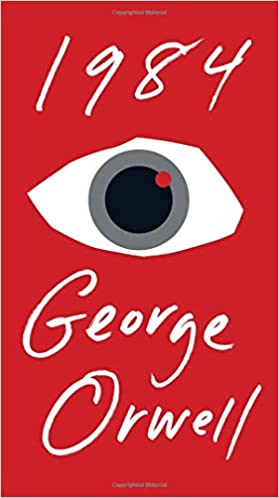
The novel is one of the most iconic works of the 20th century for its denunciation of practices established by governments such as those of Franco and Stalin, which have been adopted by many dictators throughout history.
In Cold Blood by Truman Capote
Moving briefly into non-fiction, we look at Cold Blood, which stars real-life American author Truman Capote. The main focus of the book, which was first published in 1966, is the murder of four members of the Clutter family in rural Holcomb, Kansas.
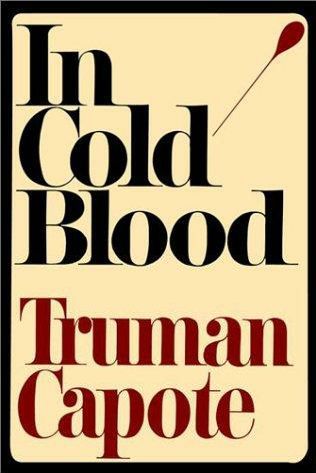
“Four shotgun blasts that, all told, ended six human lives.” That was how Truman Capote summed up the murders with somewhat greater drama, referring to the four Clutter victims and their two attackers who died later on the gallows.
